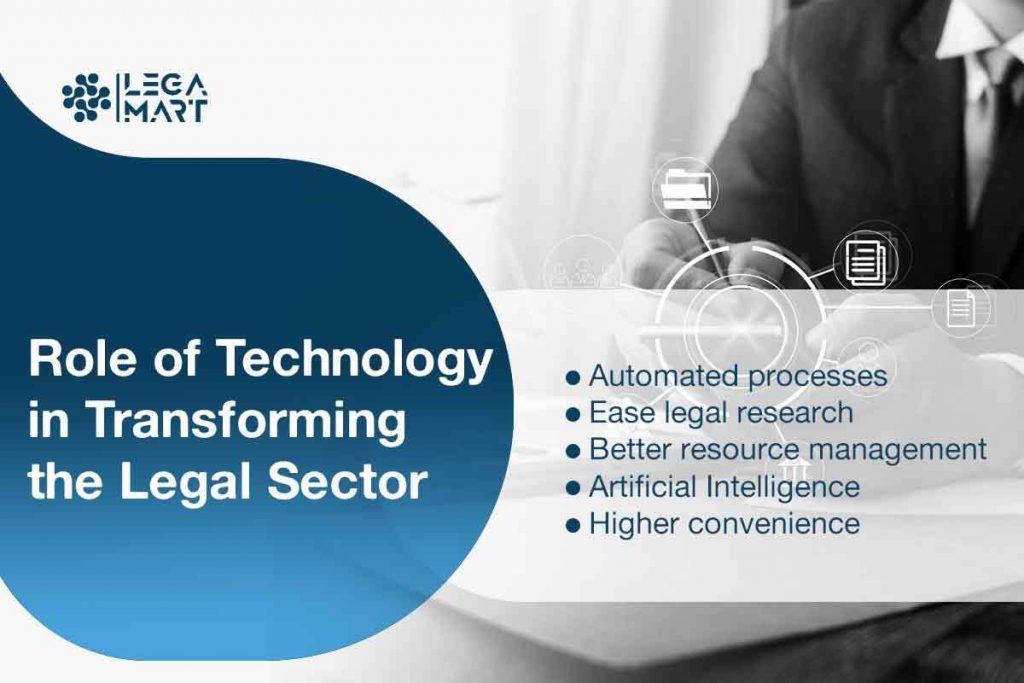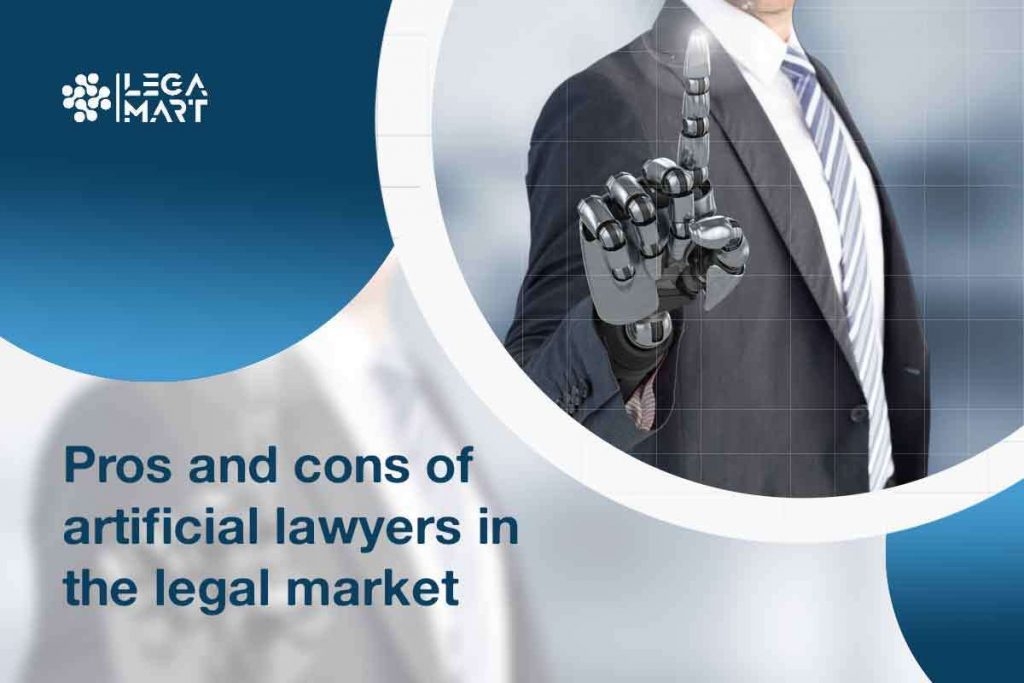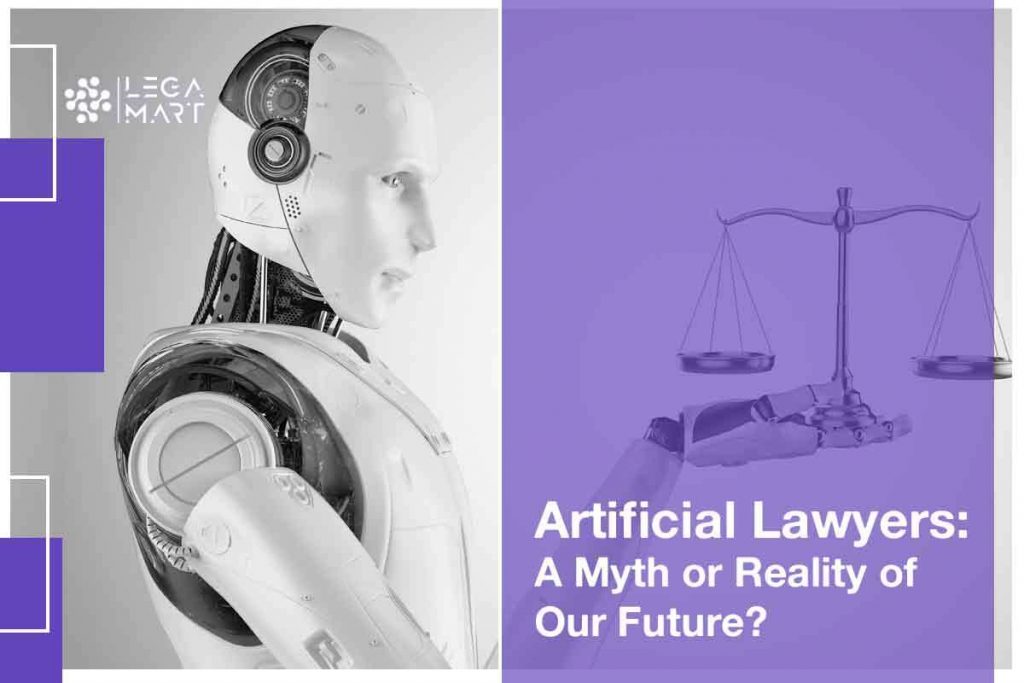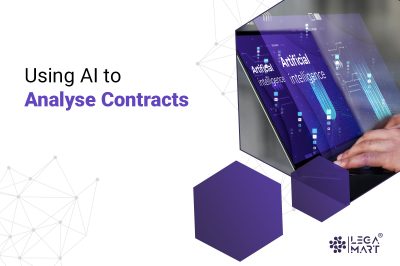The advancement in technology appears to be more promising in the future world of artificial lawyers. The concept appears strange, but it is something lawyers should be aware of and remember that it can happen in real life in the United States and any other part of the world. The first robot lawyer was founded in 2015 by scientist Joshua Browder with the view of replacing lawyers completely in legal practice. This paper critically analyzes the role of technology in transforming the legal sector, the effects of artificial intelligent lawyers in the legal market, the future of legal practice, and the certainty of artificial intelligent lawyers.
Introduction
The legal profession is among the few sectors that traditionally have been reluctant to embrace technological advancement and are now affected by the pressure of the growing interest in applying artificial intelligence (AI).
The inevitable evolution of artificial intelligence requires lawyers to be updated with the latest development and to learn to use AI to its advantage because technological learning approaches improve the work of entry-level lawyers. However, it is worth appreciating that the legal profession has undergone significant transformation in maintaining its pace with technological advancements.
The transformation ranges from when lawyers were to do every legal task to the legal tech period that incorporated the use of software in offering legal services, to artificial intelligence, and finally to the present, where the world is shifting towards having artificial lawyers in the legal market. The concept of artificial lawyers includes using machines like robots as attorneys.
All these results from technological innovations happening in different areas of the world, with an example of the Legal Innovators California Conference of June 7 & 8. Other fields, like computer science, have responded well to technological advancement than the legal profession because, as a lawyer in the legal practice, one always associates the use of a robot in offering legal services with the loss of jobs to machines.
Role of Technology in Transforming the Legal Sector

The gospel behind artificial intelligence and artificial lawyers is a technological advancement that has played a vital role in the legal industry, especially by promoting efficiency and productivity through increased transparency between legal firms and clients.
Also, the adoption of clouds for document security and the invention of zoom, teams, and other platforms enable judges and lawyers to handle matters and offer legal services online. Some important roles of legal tech are precisely discussed below;
Automated processes
Automation is a term for technology applications, programs, robotics, or processes to achieve outcomes with minimal human input. It entails using machines that can mimic human tasks and repeat the actions once humans define the machine rules. The most crucial one is artificial intelligence automation which includes machines learning and making decisions based on past situations they encountered and analyzed.
Ease legal research
Technology reduces lawyer’s obligation in research by making it easy to search through large amounts of data and to find relevant information, more so through electronic legal research. This can save lawyers time through more efficient research and reduce the risk of human errors and missing information.
Better resource management
Robotic programs have made it easy for lawyers to manage cases and information by creating electronic databases for easy case tracking, search, and editing whenever required by keying in the keywords. An example is the Case Tracking System used by most judicial officers and lawyers in Kenya to store information about cases, which makes it easy whenever such information is required rather than searching individually and manually.
Artificial Intelligence
This is among the most important parts of tech advent. Lawyers mostly rely on artificial intelligence to automate repetitive tasks, such as the preparation of meetings and trials, for e-discovery, which refers to using computers to locate and identify relevant documents.
AI can also be used to create documents such as pleadings and contracts. Lastly, IA can be used for handling administrative tasks like scheduling appointments and managing law firm finances which can be time-consuming if done manually.
Higher convenience
Legal technology enables lawyers to offer legal services online through various platforms and websites such as Legamart, which offers legal services to people from every angle of the world. Fortunately, judges have also been handling matters online in Kenya, which is technological progress. In India, the Supreme Court recently allowed online filing, which saves time and guarantees information protection and a quick review of documents, creating room for correcting mistakes within time.
Through automated processes, attorneys are able to handle legal tasks within a short time, thus having enough time to focus on other productive tasks and to associate with well-equipped tools like the Legamart articles.
Artificial lawyers in the legal market
Technology displays its intention to replace human intelligence in the legal systems with artificial lawyers like robots through its advancement. Robots are becoming a part of our daily lives increasingly, and one should be surprised to hear that a robot lawyer defended humans in various domains.
A robot lawyer is a computer program that can provide legal advice and automate many of the tasks associated with the practice of law, Robot lawyers use artificial intelligence (AI) and natural language processing (NLP) to understand legal questions and generate legally compliant responses.
According to Nikhil Pandey, the robot lawyer can fight corporations, beat bureaucracy, and sue anyone at the press of a button, the robot lawyer can also provide legal advice, research case law, create legal documents and generate contracts for new businesses in the market. The first robot lawyer was founded in California in 2015 by a new scientist from Stamford University called Joshua Browder, and the CEO of DONOtpay firm, with the view of replacing all lawyers in the legal market.
It should be noted that in October 2022, an AI made history by being the first to give evidence in the House of Lords, talking on the impact of AI in art, Ai-Da took to the stand to give their opinion on how copyright laws and creative licenses should be considered in the wake of AI appearing in many different art competitions.
Pros and cons of artificial lawyers in the legal market

Using robotic and automated programs instead of human lawyers presents a big challenge for business people since they are no longer required to pay hundreds of dollars per hour to law firms for legal services. This begets less reliance on human intelligence which can be a source of losses to law firms.
The CEO of the DONOtpay firm, Joshua Browder, correctly stated that the lawyer robot is directed towards minimizing legal liability, especially to users facing late fees or fines for legal advice.
The shift to AI lawyers in the world gives human lawyers and Law Students hiccups, especially when they see their position being replaced or losing jobs to machines.
The future of the legal practice
Despite the fear by Law Students and lawyers in the world of losing their position in the legal profession and practice, it is not the same for Professor Michael Livermore’s, a scholar of law from the University of Virginia doesn’t see much chance of robots taking over the courtroom anytime soon, first because the lawmaking process is more of a human process. Secondly, the legal profession appreciates the special application of the legal language.
However, it should be noted that advancement in technology is dynamic, and scientists continue to pay more attention to their inventions and advancement models in technology, and therefore having artificial lawyers in the future seems to be more certain, and it should not be treated as a myth, though it may sound strange.




